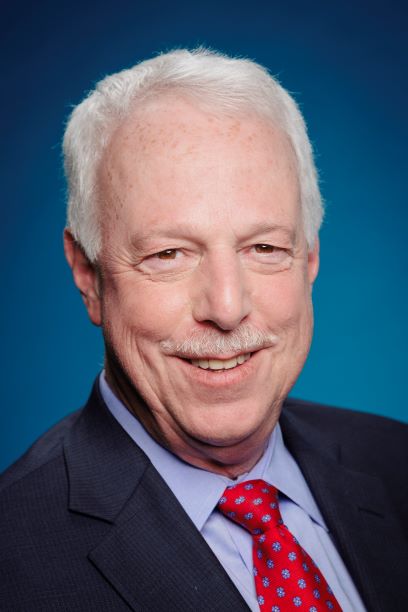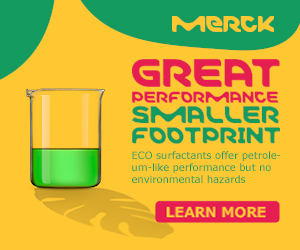Cosmetics & Personal Care
International standards: ISO and cosmetics 30th August 2018
By our Editorial Team
We speak to Dr Jay Ansell, Vice President of the Personal Care Products Council, about the cosmetic industry’s efforts to

We speak to Dr Jay Ansell, Vice President of the Personal Care Products Council, about the cosmetic industry’s efforts to advance international harmonization of cosmetics products.
The cosmetics and personal care industry is truly global, with modern consumers having access to products that have been manufactured almost anywhere in the world. This raises obvious challenges regarding consistent standards, and the cosmetics industry has strived for many years to advance international harmonization. One such effort stems from the International Organization for Standardization (ISO). For example, ISO Technical Committee-217 for Cosmetics has issued numerous international standards in relevant areas of microbiology, analytical chemistry, GMPs, sunscreen methods, terminology, and packaging and labelling.
“The Personal Care Products Council has a long history of advancing international harmonization in the area of cosmetics,” explains Dr Jay Ansell, Vice President of the Personal Care Products Council. “One of the earliest initiatives was the CTFA Cosmetic Ingredient Dictionary. Begun in 1973, the dictionary establishes uniform names for cosmetic ingredients. Today there are more than 24,000 monographs and the nomenclature is formally recognised by the US, EU, Canada, Japan and acknowledged by many more countries worldwide.”
Although ISO standards are so widely recognised, they are voluntary and have no regulatory or statutory standing in and of themselves.
“The power of an ISO Standard arises from the inclusive development process,” explains Dr Ansell. “Standards are broad based consensus documents, reflecting the agreement of international experts from all 163 participating member nations. Thus, ISO Standards are widely respected and accepted by public and private sectors, and are regularly adopted explicitly or recognised in regulatory activities internationally.”
We asked Dr Ansell which are the most important international standards for cosmetics ingredients manufacturers. His opinion is that ISO 22716:2007 Cosmetics – Good Manufacturing Practices (GMP) — Guidelines on Good Manufacturing Practices has been one of the most important standards developed by ISO Technical Committee-217 for Cosmetics.
“ISO 22716 has been – or is intended to be – adopted as a national standard or other publication, and is identical to the International Standard in more than 40 Countries,” he explained.
In addition, among the newer Standards, Dr Ansell advises that ISO 16128 Guidelines on technical definitions and criteria for natural and organic cosmetic ingredients and products, Part 1: Definitions for ingredients and Part 2: Criteria for ingredients and products, will become as important in the future. In addition to natural and organic ingredients, other ingredient categories which may be necessary for natural and organic product development are defined with associated restrictions.
As industries evolve, so do the standards that have informed them. This is particularly true for ISO standards, which routinely undergo revisions. While it might seem challenging to keep abreast of the latest industry standards, the continual movement toward consistent and reliable international harmonization is good business, and it helps remove international trade barriers. When businesses across the globe recognise the same quality standards, they are on a more level playing field, and they permit greater consumer confidence that their products are safe, reliable and of good quality.
Dr Ansell will be discussing international standards and cosmetics at in-cosmetics North America this year – if you are attending the exhibition in New York City, you can hear his presentation on 17th October at 12:30-1:15 pm.
Contact:
Dr Jay Ansell, Vice President of the Personal Care Products Council, 1620 L Street NW, Suite 1200, Washington D.C. 20036, USA
T: +1 202 331 1770
www.personalcarecouncil.org



